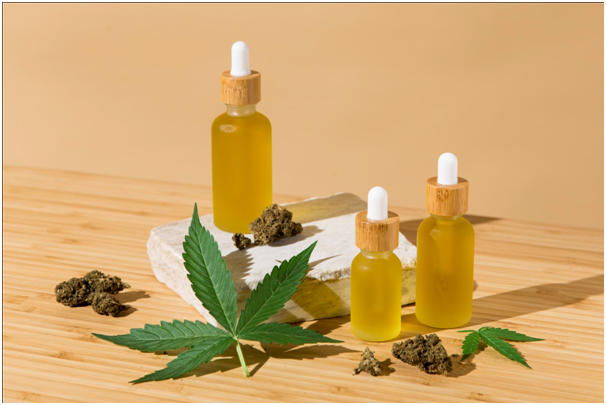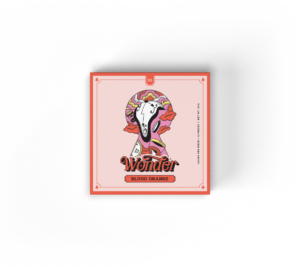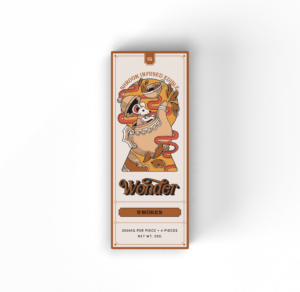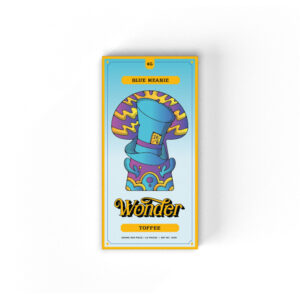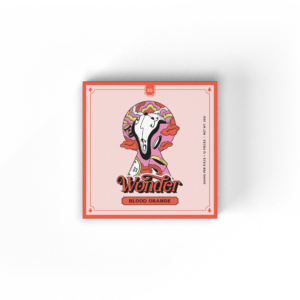Cannabis has gotten plenty of attention in recent years, and all of it has been focused on tetrahydrocannabinol (THC). THC is the compound responsible for producing cannabis’ famed psychoactive effects and has sparked debates on what role the drug can play in our society, legally and socially. But while we know that THC exists, many people aren’t aware of what it actually does or how it affects our bodies. If you want to learn more about THC, check out this guide on everything you wanted to know about THC but were afraid to ask!
What Is THC?
THC is short for tetrahydrocannabinol, which is a psychoactive cannabinoid found in cannabis. While THC has many medicinal properties and may even help with symptoms of cancer or Alzheimer’s disease, it’s important not to get confused about what THC actually does. The most common misconception about THC is that it causes users to feel high. That high feeling comes from another cannabinoid called cannabidiol (CBD). THC binds with receptors in your brain and activates them while CBD just kind of hangs out, relaxing you but not getting you high. Both cannabinoids are prevalent in marijuana, though they come from different strains of cannabis plants.
THC’s Impact on Appetite
Many people associate THC with munchies, but why does marijuana make us hungry? If you take a look at how THC affects our bodies, it’s no wonder. The active ingredient in marijuana is tetrahydrocannabinol (THC), which is present in all cannabis plants. While it is illegal to grow or use marijuana except for medical purposes in many countries, like Canada and parts of Europe, it has long been known that THC has some appetite-stimulating effects that can help with certain diseases. For example, studies have shown that cannabinoids can increase appetite by modulating levels of dopamine in our brainstem—the part of our brain that controls feelings of pleasure and reward—which also happens when we eat high-calorie foods.
THC is Anti Inflammatory
THC has twenty times more anti-inflammatory properties than aspirin and twice that of hydrocortisone. As a prescription drug, THC has been proven effective in reducing inflammation for conditions such as rheumatoid arthritis and psoriasis. In fact, THC can be purchased over-the-counter (albeit illegally) in many topical creams used to treat muscle soreness and pain caused by illness or injury. For example, athletes will use topical THC to treat muscle soreness after a particularly grueling workout.
THC in Managing Cancer Symptoms
One of THC’s most famous medicinal properties is its ability to prevent vomiting and nausea. This has been a life-saving treatment for cancer patients undergoing chemotherapy and it’s commonly used to help people with AIDS manage loss of appetite. In fact, many doctors credit medical marijuana with enabling HIV/AIDS patients to gain weight and actually live longer lives. Few drugs on Earth can boast such results. But how does THC work?
THC’s Role in Pain Management
THC binds with receptors in muscle tissue, which can help reduce spasms. Studies also suggest that THC can bind with receptors in neurons. The result is a reduction of pain signals as they travel up and down your body’s nervous system. This makes sense when you consider how THC affects your perception of pain—its psychoactive effects are what people like about marijuana. Marijuana can cause sedation, euphoria, disorientation, and altered time sense, said Jahan Marcu, MD. These effects explain why it might be effective for treating anxiety.

CBD vs. THC
Cannabidiol (CBD) and tetrahydrocannabinol (THC) are compounds found in marijuana. These compounds, known as cannabinoids, interact with receptors throughout your body to produce pharmacologic effects, particularly in your central nervous system and immune system. There is some interplay between THC and CBD but they act more independently than one would think. Below are a few quick facts about each of these phytocannabinoids.
CBD doesn’t produce a high. But it does have a profound effect on your system. The amount of THC present in any given strain determines whether or not that strain will get you high—and how strong that high will be. In other words, if you want to use marijuana for medicinal purposes without getting stoned, you need a strain with low levels of THC (or even none at all). CBD can be extracted from either hemp or marijuana plants—but hemp plants only contain trace amounts of THC (<0.3%), so there’s no risk involved when using them for CBD products like oils or tinctures.
To conclude, CBD is less potent than THC when it comes to getting high.
When to Use THC
Some people believe THC can be helpful for many conditions, including migraines, post-traumatic stress disorder (PTSD), and cancer. Others are unsure if THC is an effective treatment for these problems and may be concerned about its side effects. If you have a health condition that could potentially benefit from using THC, it’s best to discuss it with your doctor first. Doctors will weigh benefits and risks when deciding if it’s safe for you to use THC or not. People who don’t have a condition that can be treated with cannabis are discouraged from using marijuana products that contain high levels of THC because they may cause unwanted side effects and drug interactions.
The Conclusion
THC, or tetrahydrocannabinol, is responsible for THC-induced euphoria and sedation. It binds to CB1 receptors found in areas of your brain that control coordination and short-term memory. However, THC can be dangerous when used too frequently or with too much potency—or both! Research has shown a link between prolonged use of marijuana and poor mental health. If you’re prone to depression or anxiety, it’s best not to use pot at all.

